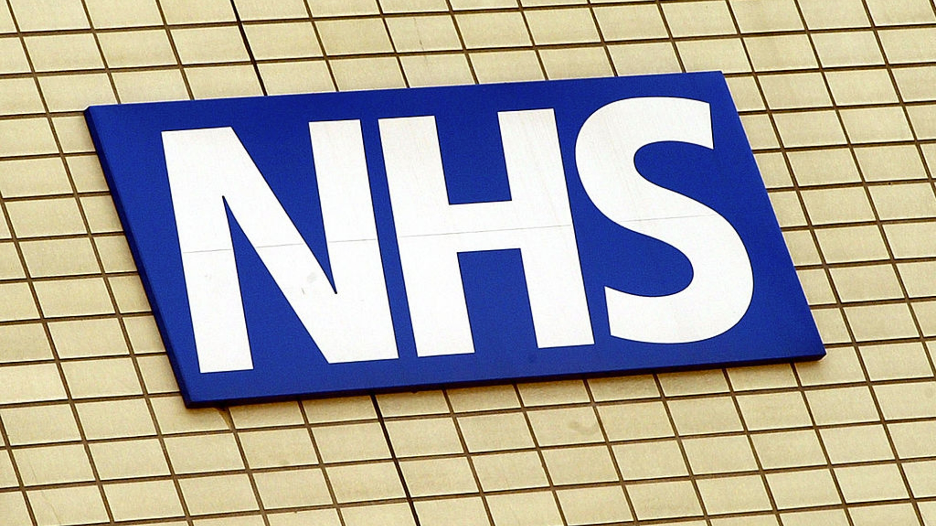If the Keira Bell judgment did not sufficiently expose the shortcomings of the Gender Identity Development Service (GIDS) – the only NHS clinic in England for children presenting with gender dysphoria – then another recent study published after that key ruling must surely now trigger a full-blown inquiry.
The study followed the progress of 44 children referred by GIDS for puberty blockers when they were aged between 12 and 15. All except one – 98 per cent of the cohort – progressed to cross sex-hormones. The lead author was Dr Polly Carmichael, GIDS director. The research has yet to be peer reviewed, but let’s be clear: this was a study of patients at GIDS, and the results were reported by the director of the clinic herself. So was this information shared with the high court judges who heard Keira Bell’s case?
It would seem not. In their decision, Dame Victoria Sharp, president of the Queen’s bench division, Lord Justice Lewis and Mrs Justice Lieven expressed surprise that ‘GIDS did not obtain full data showing the figures and the proportion of those on puberty blockers who remain within GIDS and move on to cross-sex hormones’. While the study obviously does not include every child seen by GIDS, the information it contains would undoubtedly have been useful to the high court.
For one, it would have made it difficult for GIDS to maintain the delusion that puberty blockers and cross-sex hormones are separate treatments. According to a passage in the high court judgement:
‘GIDS and the (NHS) Trust place reliance on the fact that Stage 1 treatment with PBs (puberty blockers) and Stage 2 treatment (Cross-Sex Hormones) are separate. Thus, so it is said, it is possible for a young person to come off the PBs at any point and not proceed to taking CSH’.
Bell v Tavistock judgment
It is rather harder to defend that claim when 98 per cent of those mentioned in this latest study remained on a conveyor belt from one to the other.
Psychoanalyst Dr Marcus Evans, who last year resigned as a governor of The Tavistock and Portman NHS Trust (which operates GIDS) over the management of the service, said he believes the Tavistock thinks it is beyond scrutiny:
‘I think this attitude is symptomatic of a system that believes it should not be questioned.’
Marcus Evans
Another bombshell revelation contained in the study casting doubt on the efficacy of the treatment protocol itself would also have made vital reading for the judges in the high court case. Carmichael and her fellow researchers found that:
There were no significant changes in parent-report CBCL self-harm index scores from baseline to 12, 24 or 36 months, nor for self-report YSR self-harm index scores.’
Polly Carmichael et al
According to the research, the Child Behaviour Checklist (CBCL) (parent report) and Youth Self Report (YSR) (self-report) are ‘general measures of psychological functioning’. At the very least, this calls into question what good the treatment was actually doing.
What’s more, given that this study first began nine years ago, it’s also worth asking why this information – which forms part of a growing body of evidence suggesting that puberty blockers might lock children onto a medical pathway that would lead inexorably to infertility and repeat prescriptions for life – was not more widely shared. The study says that:
‘We found no evidence of change in psychological function with GnRHa (puberty blocker) treatment as indicated by parent report (CBCL) or self-report (YSR) of overall problems, internalising or externalising problems or self-harm.’
Polly Carmichael et al
If so, what was the purpose of the treatment? It seems that unhappy children were not made any less unhappy by disrupting their puberty and halting their natural sexual development.
There was also anecdotal evidence that children change their minds regarding the loss of future fertility. One boy mentioned in the study – a birth-registered male in GIDS-speak – ‘stopped GnRHa for 9 months to attempt to store sperm, contrary to their earlier decision not to, and restarted afterwards.’
My heart goes out to him. As a transwoman who was once a boy struggling with gender dysphoria, I am so relieved that adults never gave me the option of puberty blockers and cross-sex hormones. I would have taken them, and never had the opportunity to have three children of my own. Leaving it to children to make that decision before they can possibly understand what it means to be an adult seems to me to be a dreadful mistake which children will have to live with for the rest of their lives.
Following the Bell judgment, GIDS have now stopped referring children for puberty blockers ‘until they have more clarity’. Surely the time has now come for a public inquiry into what has been going on for far too long.
Debbie Hayton is a transgender teacher and journalist.
* This article was first published by The Spectator on 15 December 2020: The damning verdict on puberty blocker treatment for trans children.
